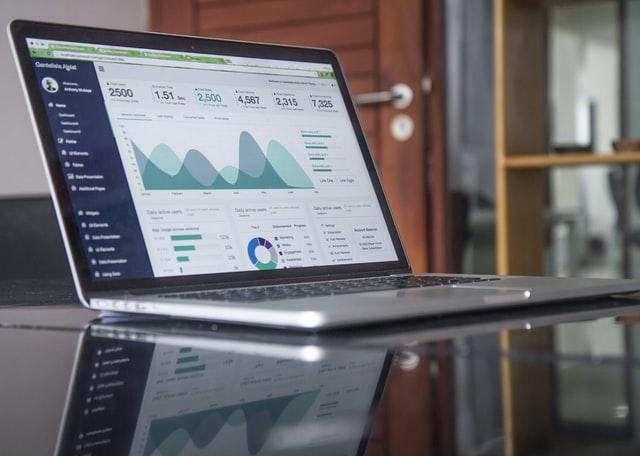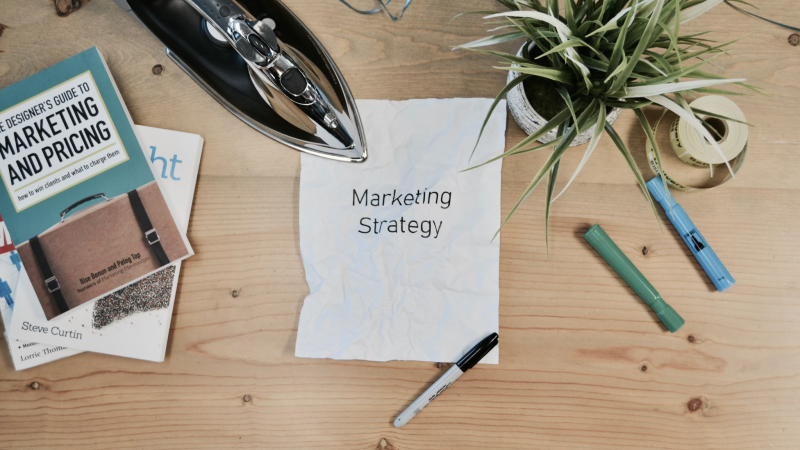A Complete Guide to Establishing a Procurement Process in a B2B Marketplace

Introduction
In the last decade or so the way companies do business has changed. In today’s fast-paced world businesses have to stay competitive otherwise they risk losing their edge in the market. The best approach to solve the supply and procurement mechanism in your business is to have a robust procurement mechanism in place. If you were a B2C entity then you have to have a robust supply and logistics department but there it is a matter of bottom line. In B2B it also means their entire operation. For example- An oil refinery will need to procure crude oil from suppliers and then the same suppliers may buy the processed crude (petrol, diesel, etc) from them only. This is why it is important to establish a solid procurement process since in a B2B organization the supplier of goods itself may be the customer too. In case you are looking for good procurement software then check this out.
Here is a complete guide on how to establish a solid procurement process in the B2B marketplace:
-
Online Presence-
The global B2B market is worth $14.9 trillion, which is 5 times the B2C market, according to a research paper published by Statista. And most B2B customers these days look up their counterpart online as soon as the first meeting with them. So if your company does not have any significant online presence or a positive online presence then they will think twice before doing business with you. Also, you need to build a rapport with the local publications too if you are contributing something back to the community. For example- If you decide to plant some trees around your office then make sure someone from any local newspaper or online website covers that so that your good deeds do not go unnoticed. Things like this leaves an impression on your suppliers.

-
Online Information About Your Product or Service:
According to a research paper published by Statista, 18% of all users were dissatisfied with their products bought online. This was in B2C space, but the same thing can very well happen in B2B too. For example- Alibaba is a popular B2B and B2C procurement website, now if someone there posts something about a product and later it turns out to be false then would you trust them again? No. The product’s manufacturer might not be aware that resellers are posting wrong information about their products on various B2B platforms. So to eliminate problems like this, always check for related info about your product or service and keep a track of happenings.
-
Expectations:
When you are procuring something from a B2B marketplace then it cannot be delivered immediately so keep that in mind. But the payment has to be made immediately to avail the cash and trade discounts. So if you factor in this lead time when calculating your economic order quantity you will not face many procurement delays. Also, the just-in-time ordering concept does not yet work in B2B unless you are ready to pay a heavy premium for it.

- Build An Solid Outreach:
A good B2B company always maintains three or four alternatives to fall back to in case their primary supplier falls behind. To expand your network and broaden your horizons so that your operations stay smooth despite turbulent operations on the supplier side. For example- Suppose you ordered something from a B2B marketplace but due to any unforeseen circumstances the ship got delayed and hence you failed to get the product on time. Now had you also made alternative arrangements then you could have called them up and placed an order
- Trade Fairs: A business trade fair is the best way to judge a supplier’s character and their business philosophy. You get to meet a lot of suppliers and their business representatives too. So use this opportunity to build rapport with them and strike deals and settle a contract. Also in trade fairs, you can check the quality of their product for a more transparent buying process. Many B2B businesses have found trade fairs to be the ideal procurement process since they are getting to know the real person and also interacting with them gives us insight into what we are getting into too.
Conclusion
B2B buying is a much more complicated process than B2C buying. So there are often many hidden factors that also influence the buying decision. As a company your procurement department needs to run smoothly otherwise your entire operation will crumble.






